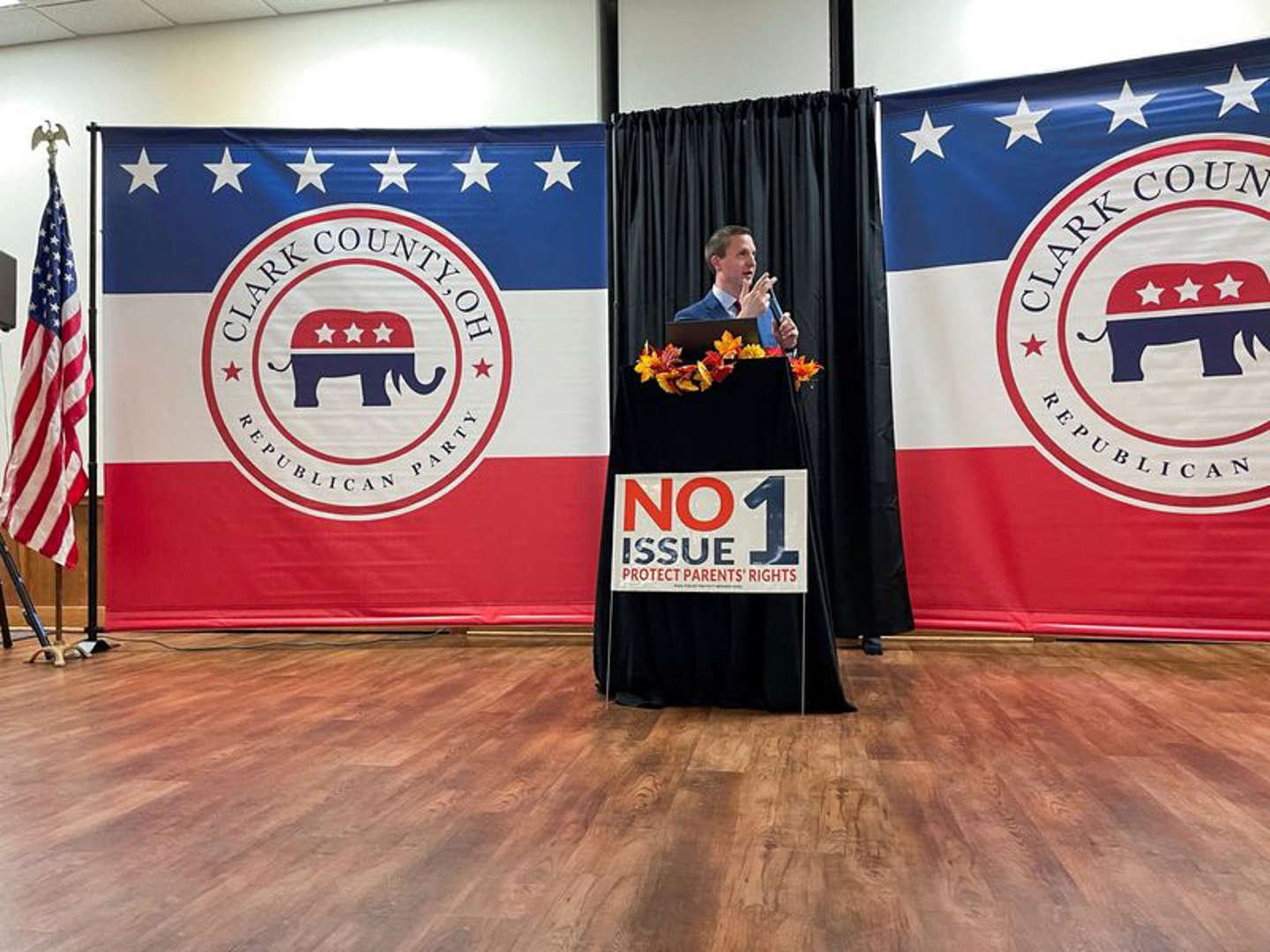Abortion is once again a critical issue in the upcoming elections. Ohio residents will cast their votes to determine the protection of abortion rights, while Virginians will decide if Republicans gain the authority to impose new restrictions on the procedure.
With the first presidential nominating contest in Iowa approaching, national Republicans and Democrats are closely monitoring these Tuesday races to gauge the stance of the U.S. electorate in anticipation of the 2024 White House and Congress campaigns.

Democrats are interested in whether the elections in Ohio and Virginia will demonstrate whether abortion remains as politically influential as it was during the 2022 midterm elections, when voter dissatisfaction with the U.S. Supreme Court’s decision to eliminate a nationwide right helped the Democratic Party avoid a Republican landslide.
Conversely, for Republicans, Ohio and Virginia serve as strategic battlegrounds to fine-tune their messaging on the issue, which proved challenging last year.
On the same Tuesday, Kentucky and Mississippi will be electing governors, while voters across the country will choose mayors and other local officials. Kentucky Governor Andy Beshear, one of the few Democrats to lead a state that voted for Republican Donald Trump in the 2020 presidential election, is once again defying his conservative-leaning home state in his re-election campaign.
Beshear is facing Republican state Attorney General Daniel Cameron, who could become Kentucky’s first Black governor. Despite his party affiliation, Beshear enjoys strong approval ratings due to his leadership during the coronavirus pandemic and recovery from natural disasters, coupled with economic growth.
In Mississippi, Republican Governor Tate Reeves is seeking another four-year term, with Democratic challenger Brandon Presley, a former mayor and the second cousin of singer Elvis Presley. While Presley has outpaced Reeves in fundraising, he faces an uphill battle in a state that supported Trump over Democratic President Joe Biden by a significant margin in 2020.
Abortion has emerged as a focal point in Ohio, nearly 18 months after the Supreme Court’s decision. Abortion rights advocacy groups had previously achieved several victories by placing abortion-related referendums on the ballot in conservative states, and they are now doubling down on this strategy. In addition to Ohio’s upcoming amendment aimed at enshrining abortion rights in the state constitution, similar measures are progressing in several states, including swing states like Arizona and Florida, for the 2024 elections.
Anti-abortion groups have opposed the Ohio amendment as too extreme, while abortion rights advocates have cautioned that rejecting it would open the door to stringent bans.
The state’s Republican-controlled legislature had previously approved a six-week limit, but it is on hold pending the outcome of a legal challenge before the conservative state Supreme Court. In August, voters rejected a separate referendum, backed by Republicans, which would have increased the threshold for approving constitutional amendments, including the upcoming ballot question, from 50% to 60%.
In Virginia, all 40 Senate seats and 100 House of Delegates seats are up for election. Democrats hold a narrow majority in the Senate, while Republicans have a slight edge in the House. Democrats have emphasized abortion as a key issue, warning that a Republican victory could lead to a ban. Republican Governor Glenn Youngkin has expressed his intention to pursue a 15-week abortion limit if Republicans gain control of the legislature, framing it as a reasonable compromise and a potential model for Republicans in 2024.
Republicans, on the other hand, have focused on public safety, running advertisements suggesting that Democrats would cut police funding and take a lenient approach to criminals.
A September Reuters/Ipsos poll indicated that 40% of respondents believed Republicans had the best approach to address crime, compared to 32% who favored Democrats on this issue.
A Republican sweep would further elevate Youngkin’s national profile, with some Republicans who are wary of Trump even considering him as a potential late entry to the 2024 presidential race, although the governor has stated he has no plans for a White House run.
In the run-up to these elections, President Biden has endorsed 16 Democrats running in competitive races for the state House and seven in the Senate, while also making fundraising appeals to his supporters.

